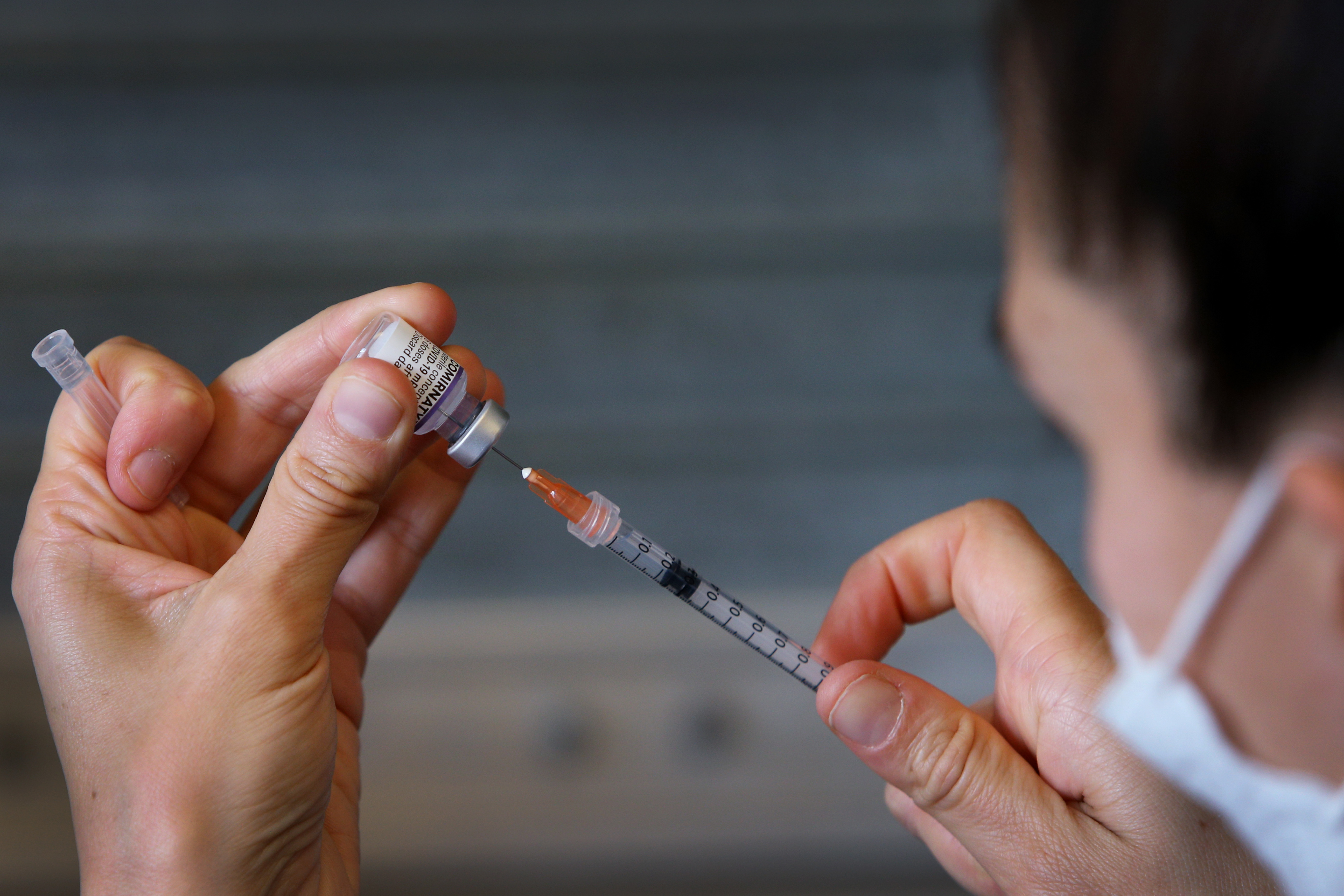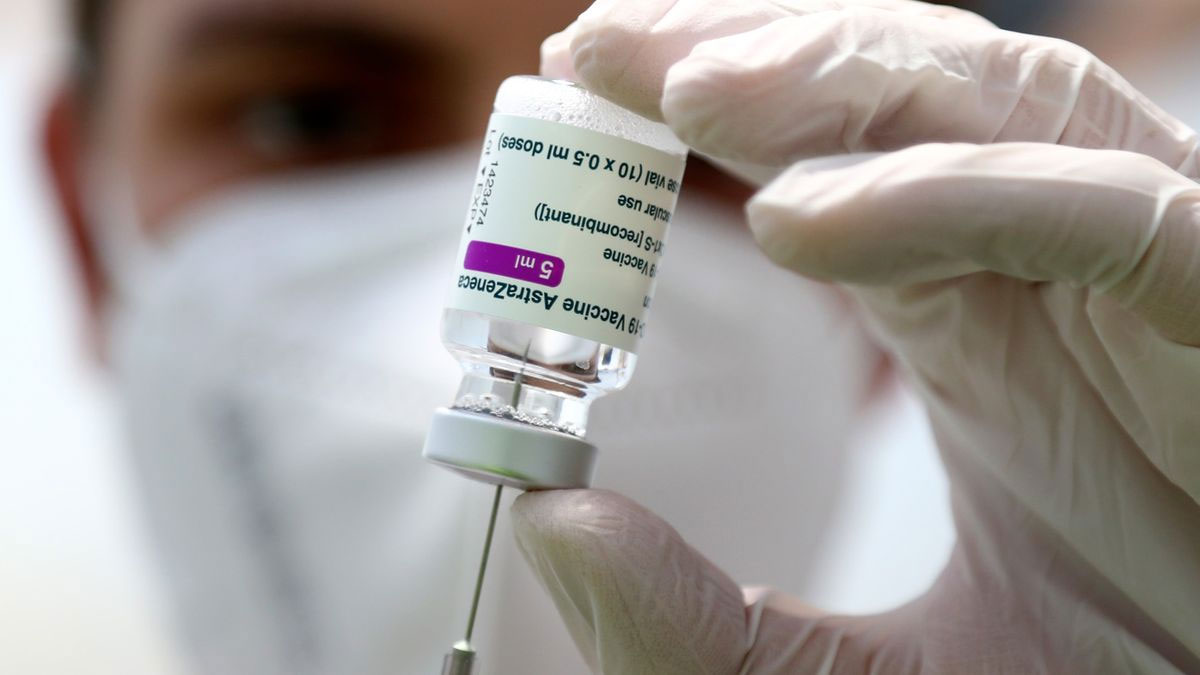New studies have shown the effectiveness of the COVID-19 vaccines available in Australia in preventing hospitalisation from the virus.
Several studies published in the New England Journal of Medicine showed the different efficacies of COVID-19 vaccines after time as well as which were more effective against the Omicron variant.
One study found a double dose of Pfizer or Moderna provided nearly 95 per cent and 96 per cent protection against contracting COVID-19 for the first two months.
LIVE UPDATES: NSW records backlog of 78,000 positive RAT results

It then dropped to 67 and 80 per cent at the seven-month mark.
Immunity after the second dose was found to wane after 20 weeks, particularly for those aged over 65.
International researchers said a double dose still provides "solid protection" against hospitalisation and death.
READ MORE: Axe-wielding hatchback driver filmed swerving at car

Pfizer was found to be more than 94 per cent effective in preventing teenagers from ending up in hospital.
US research found the Pfizer vaccine is 98 per cent effective in preventing teenagers from ending up in ICU.
The study also showed a combination of AstraZeneca and Pfizer was more effective in neutralising the Omicron variant than just AstraZeneca alone.
More than 92 per cent of Australians aged over 16 are now fully vaccinated.
